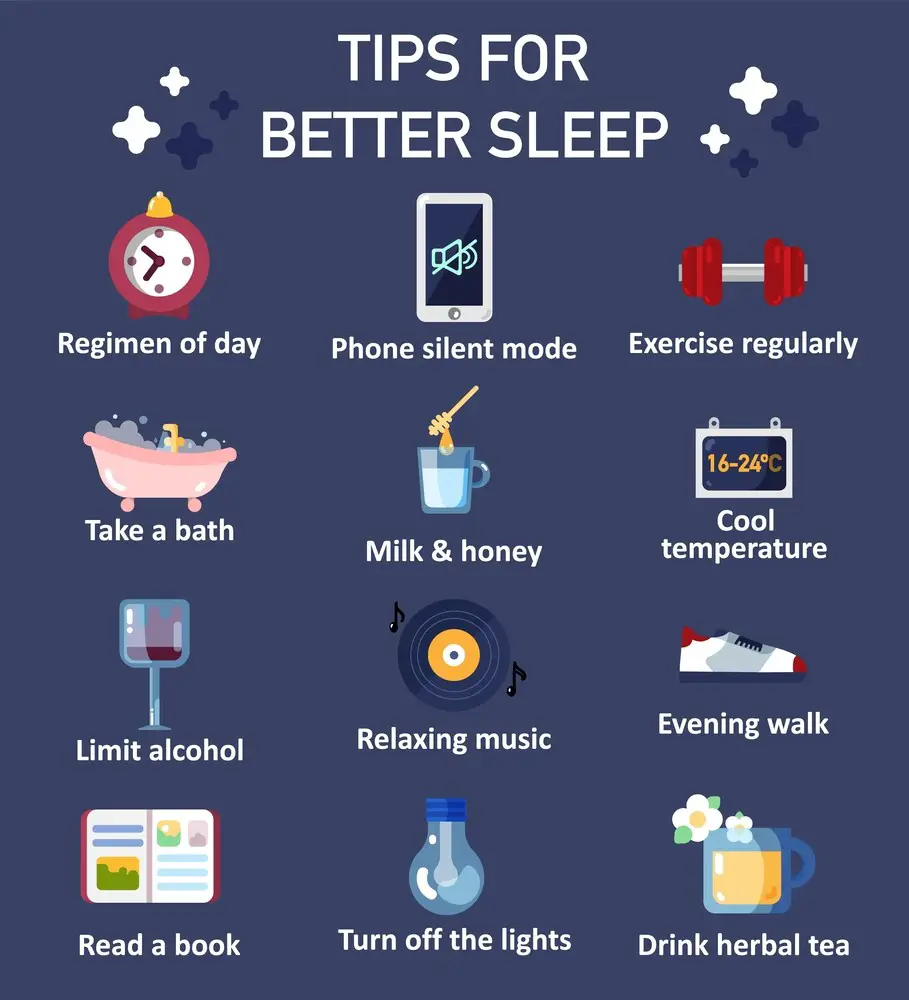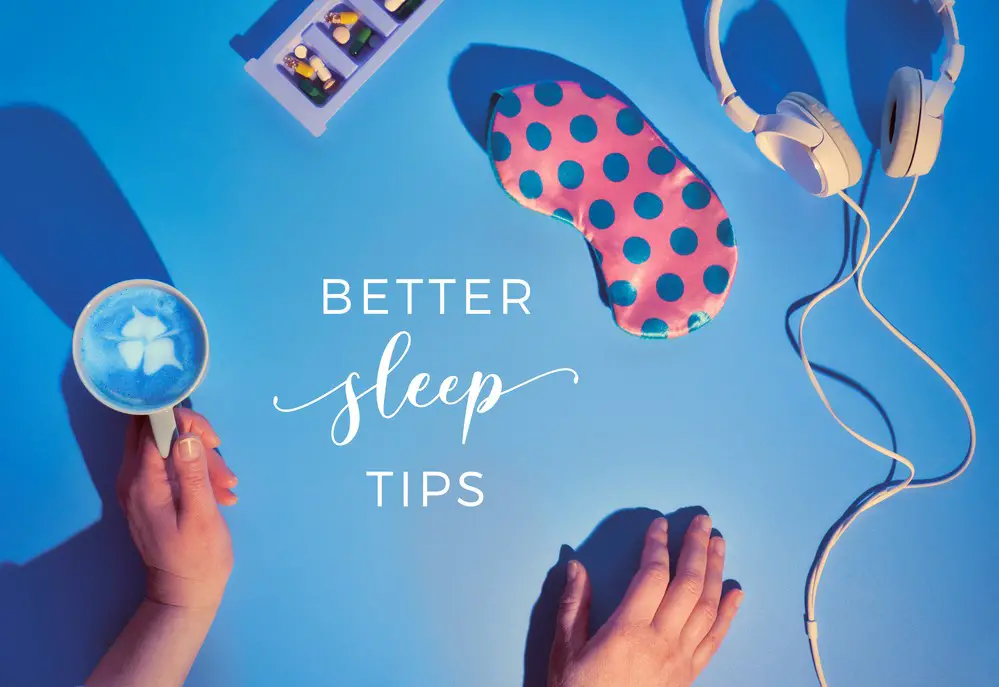As a BetterHelp affiliate, we receive compensation from BetterHelp if you purchase products or services through the links provided
Unlike babies who need up to 16 hours of sleep (including their naps), most adults need between seven and eight hours of good-quality sleep nightly. So, as you can see, sleep quantity goes hand-in-hand with quality, helping you optimize sleep’s benefits.
According to the Sleep Foundation, some signs that you lack sleep quality include lying awake for over 20 minutes before falling asleep, restless sleep, frequently waking up during the night, your memory and concentration aren’t good, and you wake up feeling tired.
Things Affecting Your Sleep Quality
The list of things that can affect your sleep quality is endless. However, the most common include stress, consuming too much alcohol and caffeine, an irregular sleep schedule, sleep apnea, sleep disorders, and some chronic health conditions.
Whatever causes your lack of sleep quality, there are several ways that you can improve it quickly.

Try These Guidelines To Improve the Quality of Your Sleep
Getting a good night’s sleep gives your body several benefits. If you want to maintain a healthy weight, get less sick, reduce your chances of chronic illnesses, and perform better at work or school, try these tips to improve sleep quality in seven days.
1. Get Some Exercise
Practice your favorite form of exercise often, but if you don’t fancy joining a yoga class or the gym, then take a brisk walk daily. Exercise helps you sleep better by boosting your natural sleep hormones, including melatonin.
In one study, researchers found that postmenopausal women who exercised on average three-and-a-half hours weekly fell asleep faster than those with less exercise time. However, the timing of your workout is essential because it can keep you awake if you exercise too close to bedtime.
2. Increase Daylight Exposure
Exposure to natural or bright light helps the natural circadian rhythm that tells your body when to stay awake and sleep. Natural light also helps maintain your energy levels. Studies show that bright light during the daytime reduces the time it takes to fall asleep at night, and in older people, it increases their sleep by two hours.
Therefore, try to exercise outside during the day and combine the benefits of exercise with sunlight, helping to decrease the time it takes you to fall asleep and improve your sleep quality.
3. Watch Your Blue Light Exposure

Too much light exposure at night can trick your brain into thinking it’s daytime. Conversely, less exposure to light, mainly blue light from electronic devices, reduces melatonin and other hormone levels, helping you to relax and fall asleep. You can minimize exposure by turning the TV and devices off two hours before bedtime and dimming the lights.
4. Restrict the Use of Your Bed to Sleeptime
Your bed has specific uses, including sleep, but it shouldn’t serve as your office. Stop stimulating activities like responding to work messages and answering the phone in bed. You should also not watch TV.
5. Create an Ambient Bedroom
Several factors can recreate the perfect atmosphere to ensure you get better sleep quality – make sure your room is clean, tidy, quiet, dark, and has a comfortable temperature. Ideally, keep your room at a cooler temperature of around mid-sixty to seventy degrees Fahrenheit.
6. Create A Sleep Schedule and Ritual
Just like young children, we also need a sleep schedule and ritual. You need to go to bed at the same time every day and get up at the same time, including on weekends. Leave your room if you can’t fall asleep and return when you feel tired again, but maintain your sleep schedule.
Create a bedtime ritual that will help your body go into sleep mode. For example, your routine could include reading a book, listening to soothing music, taking a bath, or drinking a glass of milk.
7. Your Sleep Depends on What You Eat and Drink
Sleeping on an empty tummy is almost impossible, so if you feel hungry, eat something very light, like a cracker with some fruit or a piece of cheese. Avoid overeating before bed to prevent discomfort; your last meal should be at least two hours before. Acidic and spicy foods can often lead to heartburn, so keep away from them at night.
Alcohol and caffeine (also found in chocolates) are both stimulants that can keep you awake at night. However, one study showed that caffeine could worsen sleep quality for up to six hours after consuming it. Additionally, even though alcohol can make you sleepy at first, it can disrupt sleep patterns at night.
8. De-stress and Relax
Forget your lists of things to do, unpaid bills, and everything else so that you can give your mind time to unwind. Stress activates the fight-or-flight hormones that then create a stimulus before sleep. So instead, learn to wind down by practicing meditation or breathing exercises.
9. Reduce Daytime Naps

You may have heard of the benefits of a power nap, but if you want to sleep better at night, make sure it is just a short one (up to 30 minutes, according to researchers). One of the problems with naps during the day is that they confuse your circadian clock, and long naps can affect sleep quality. However, daytime naps don’t affect everyone’s sleep quality, and you will need them if you work night shifts.
Last Word
After trying all the above and not seeing an improvement in your sleep quality, it is time to communicate with your health care provider. They can help you identify the causes and provide the proper treatment to improve sleep quality.
- Breaking the Silence: Why Men’s Mental Health Matters More Than Ever - April 15, 2025
- How to Transform a Home’s Patio Space into a Relaxing Space - March 23, 2025
- 5 Strategies to Use a Cell Phone to Help Manage Your Stress - March 23, 2025
This site contains affiliate links to products. We will receive a commission for purchases made through these links.



